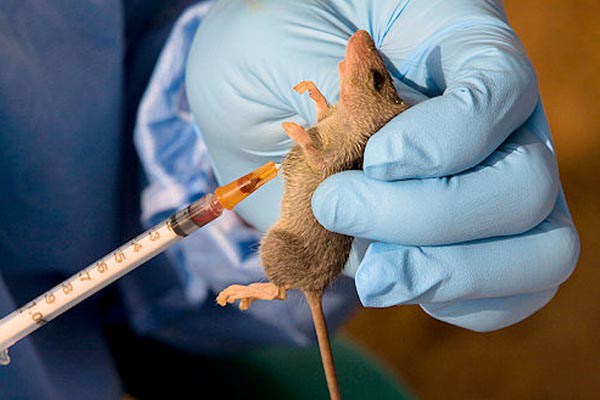
Nigeria monitors COVID-19 as it battles deadly Lassa fever outbreak

While Nigeria still has just a case of COVID-19, it is still battling with a Lassa fever outbreak that has caused over a hundred deaths since the beginning of the year.
Lassa fever is a severe viral hemorrhagic fever (VHF) like Ebola and Marburg that occurs throughout the year in Nigeria and was declared an “active outbreak” by the Nigeria Centre for Disease Control (NCDC) five weeks into 2020. The epidemic which occurs during the annual dry season (roughly November through March) has spread across half the country.
The epidemic, whose rapid escalation started right from the second week of the year, had by the end of the ninth week seen 774 cases and 132 deaths spread across 26 of Nigeria’s 36 states and the federal capital territory.
Dr. Olubusuyi Moses Adewumi, a specialist in Arenaviruses and Virologist at the College of Medicine, University of Ibadan in southwest Nigeria, blames the rapid increase of the epidemic each year on the lack of an effective surveillance system in place to identify and monitor the circulation of the virus in the country via rodents and other animals.
“In our environment, the vectors continue to have the opportunity to interact with the human population and consequently spread the virus unchecked”, he explains.
Lassa fever is transmitted to humans through contact with food or household items contaminated with urine and feces of a rat. It’s also known to spreads from person-to-person through contact with the body fluids and organs of infected persons, which has resulted in healthcare workers easily getting infected, some have died.






